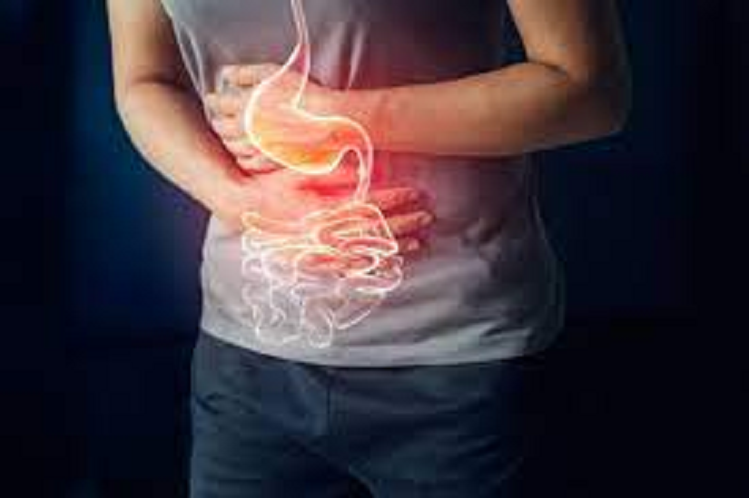The disease remains the cause of major crisis and mortality in the country, and the problem of diarrhea is one of them. Diarrhea is the third most common cause of death in children under the age of five. It is responsible for 13% of deaths each year in this age group. An estimated 3-4 lakh children die of diarrhea every year in India.

The World Health Organization (WHO) says that far-reaching efforts are necessary to reduce the death rate due to this disease. Nearly 4 lakh deaths due to diarrhea can be avoided if the Government of India's 'Jal Jeevan Mission' fulfills its target of providing clean water to all rural areas.
Diarrhea is usually a symptom of an infection in the intestinal tract, which can be caused by a variety of bacteria, viruses, and parasites. Its infection spreads from person to person through contaminated food or drinking water or as a result of a lack of sanitation. Apart from children, it has also been considered very dangerous for adults and the elderly.

Government of India's 'Jal Jeevan Mission
The Government of India launched the Jal Jeevan Mission (JJM) in 2019 intending to make clean drinking water available to all households in the country. The objective of this nationwide program is to provide safe and sufficient drinking water to all households in rural areas through tap connections.
In this study conducted by WHO on the recommendation of the Ministry of Drinking Water and Sanitation, it has been told that if success is achieved in implementing the Jal Jeevan Mission plan properly, not only will the problem of drinking water the people be reduced, but also about four times every year. The risk of death of lakhs of people can also be reduced.
What are statistics?
According to official figures, 62 percent of rural households have been provided with clean tap water connections under the program. The study states, “If clean drinking water is made available to all people across India, it can not only help reduce the risk of diarrhea and other diseases caused by contaminated water but also water storage (66.6 million hours every day) will also save time.
Significantly, even now in many states, especially women have to go long distances to fetch water or wait for hours for their turn to come.

What do experts say?
Presenting the research findings, Richard Johnson, Co-Head of the WHO/UNICEF Program for Water Supply and Sanitation, said that India can make a special contribution to achieving the Sustainable Development Goals (SDGs) of drinking water and sanitation worldwide. There are two reasons for this – population and size.
India is the country with the largest population in the world, so what happens in India matters to the world. India is demonstrating to the world what can be done and what is possible with better goals.
(PC: Freepik, iStock)










